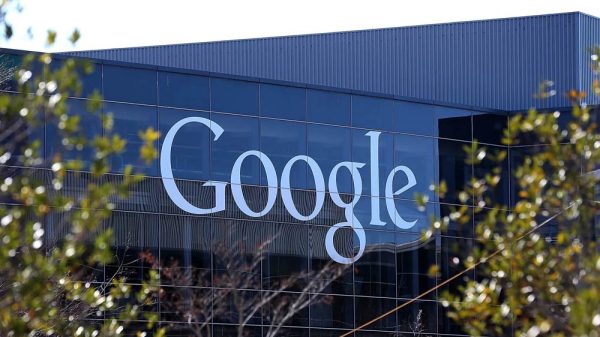Swiss banking giant UBS reported its Q4 2024 earnings on Tuesday, delivering a net profit of $770 million. While the result exceeded UBS’s internal estimate of $483 million, as well as the $886.4 million average forecast in an LSEG analyst poll, the bank’s shares fell 6% due to mixed market sentiment and underwhelming buyback announcements.
Key Financial Highlights
- Net Profit: $770 million, surpassing the company-provided estimate of $483 million but below analysts’ forecast of $886.4 million.
- Revenue: $11.635 billion, slightly missing the $11.64 billion average forecast from the LSEG analyst poll.
- CET1 Capital Ratio: A measure of bank solvency, remained stable at 14.3% from the prior quarter.
- Return on Tangible Equity: Declined to 3.9% from 7.3% in Q3 2024.
Despite beating internal estimates and delivering solid fourth-quarter results, UBS’s divisional performance left analysts unimpressed. Deutsche Bank analysts noted that while the results were “solid,” the divisional mix, particularly in the Personal & Corporate Banking unit, could have been better.
Share Buyback and Dividends
UBS announced plans to repurchase $1 billion worth of shares in the first half of 2025, with an additional $2 billion buyback planned for the second half of the year. However, these buyback plans are subject to UBS achieving its financial targets and avoiding major changes to Switzerland’s capital regulations.
The bank also proposed a $0.90-per-share dividend for the 2024 financial year, a 29% increase year-on-year.
Divisional Performance
Investment Banking:
UBS’s Investment Bank outperformed, reporting a 37% year-on-year increase in revenues, driven by robust growth in global banking and markets. CEO Sergio Ermotti emphasized the bank’s efforts to compete with top-tier players in areas such as equities, capital markets, M&A, and leveraged finance.
Global Wealth Management:
Revenues in UBS’s Global Wealth Management division rose 10% year-on-year, attributed to higher recurring net fee income and transaction-based income.
Personal & Corporate Banking:
The Personal & Corporate Banking unit posted an 8% revenue increase in Q4 2024, primarily due to gains in other income. However, lower net interest income weighed on the results, with analysts flagging ongoing challenges in this division.
Outlook and Challenges
Looking ahead to Q1 2025, UBS expects a low-to-mid single-digit percentage decline in net interest income (NII) for its Global Wealth Management division and a steeper 10% decline in the Personal & Corporate Banking unit.
The bank continues to manage its integration with fallen domestic rival Credit Suisse, which it acquired in 2023 in a government-backed deal. UBS achieved $700 million in cost savings during Q4 2024 and aims for an additional $2.5 billion in savings in 2025 as part of its broader $13 billion cost-saving target.
CEO Sergio Ermotti acknowledged that redundancies, both voluntary and involuntary, are “inevitable” as UBS continues its restructuring efforts.
Market Reaction
Despite the positive profit beat, UBS shares fell 5.57% as of 9:54 a.m. London time. Analysts attributed the decline to market concerns over the divisional mix of results, ongoing pressure on net interest income, and skepticism surrounding the bank’s buyback plans.
Citi analysts noted that while the cost-control efforts and dividend increase were positive, the unchanged cost-income guidance for 2026 and the expected NII drag into Q1 2025 dampened investor enthusiasm.
Broader Context
UBS’s performance comes amid broader challenges in Switzerland’s banking sector. With a balance sheet exceeding $1.7 trillion—more than double Switzerland’s economic output in 2023—the bank faces scrutiny over its scale and potential risks to the Swiss economy.
The Swiss franc’s strength and low inflation (0.6% in December 2024) have added to the Swiss economy’s fragility, while global market volatility, fueled by U.S. tariff escalations, has created further uncertainties.











